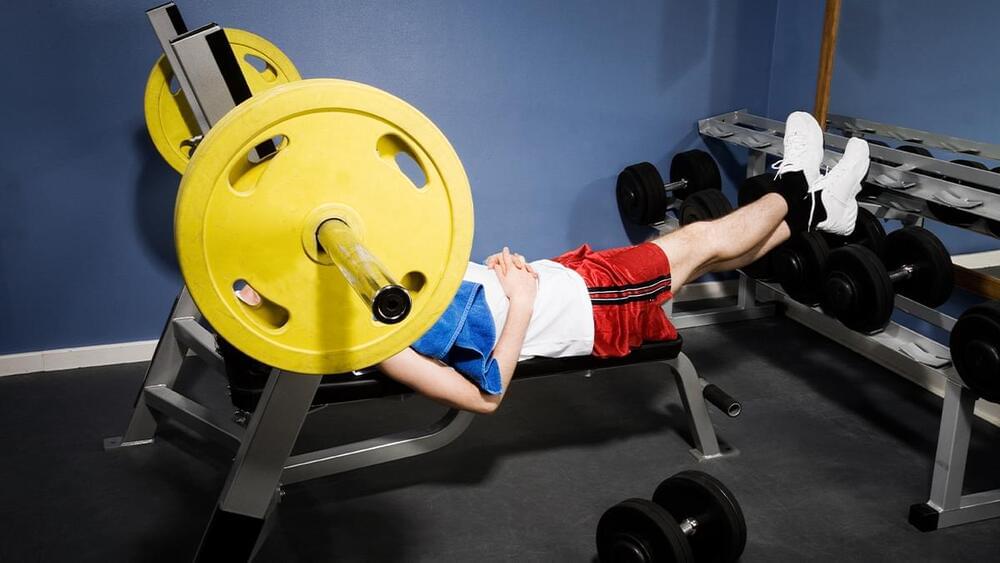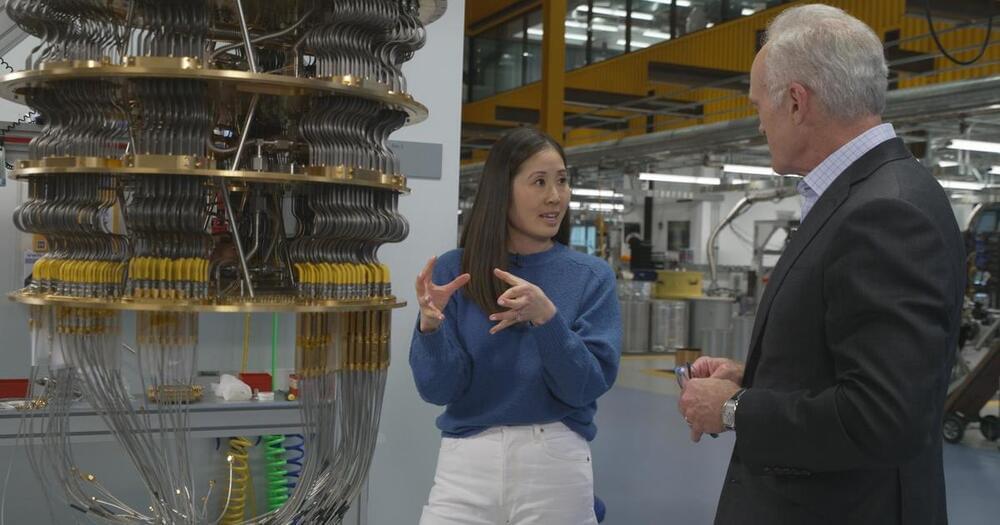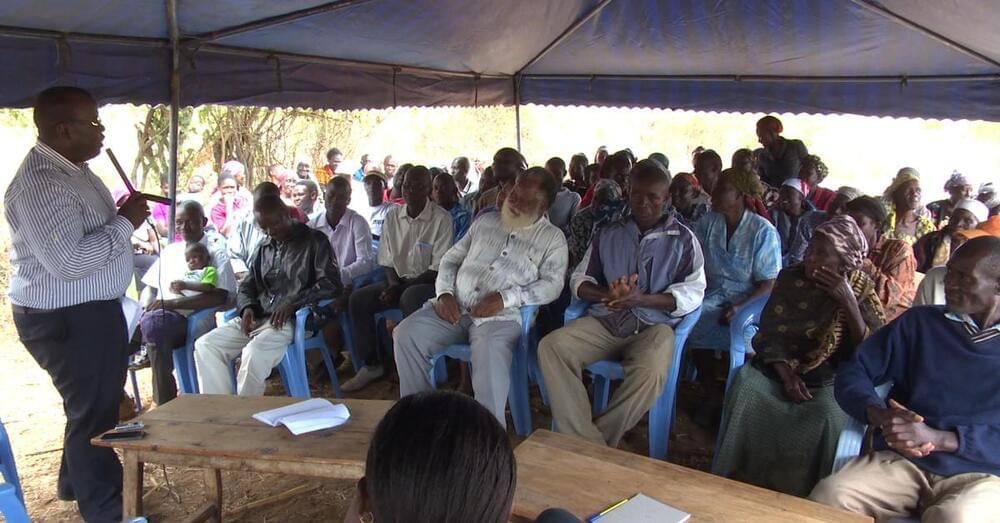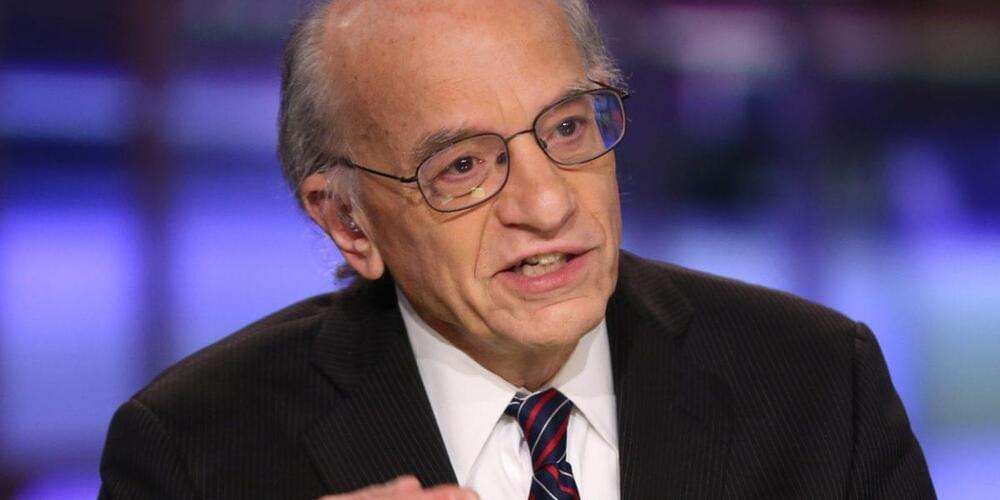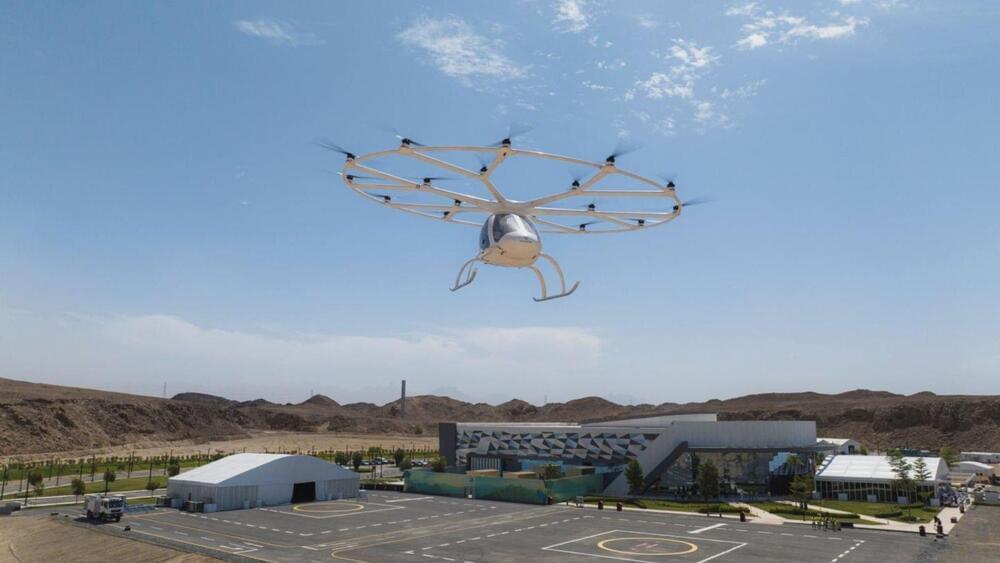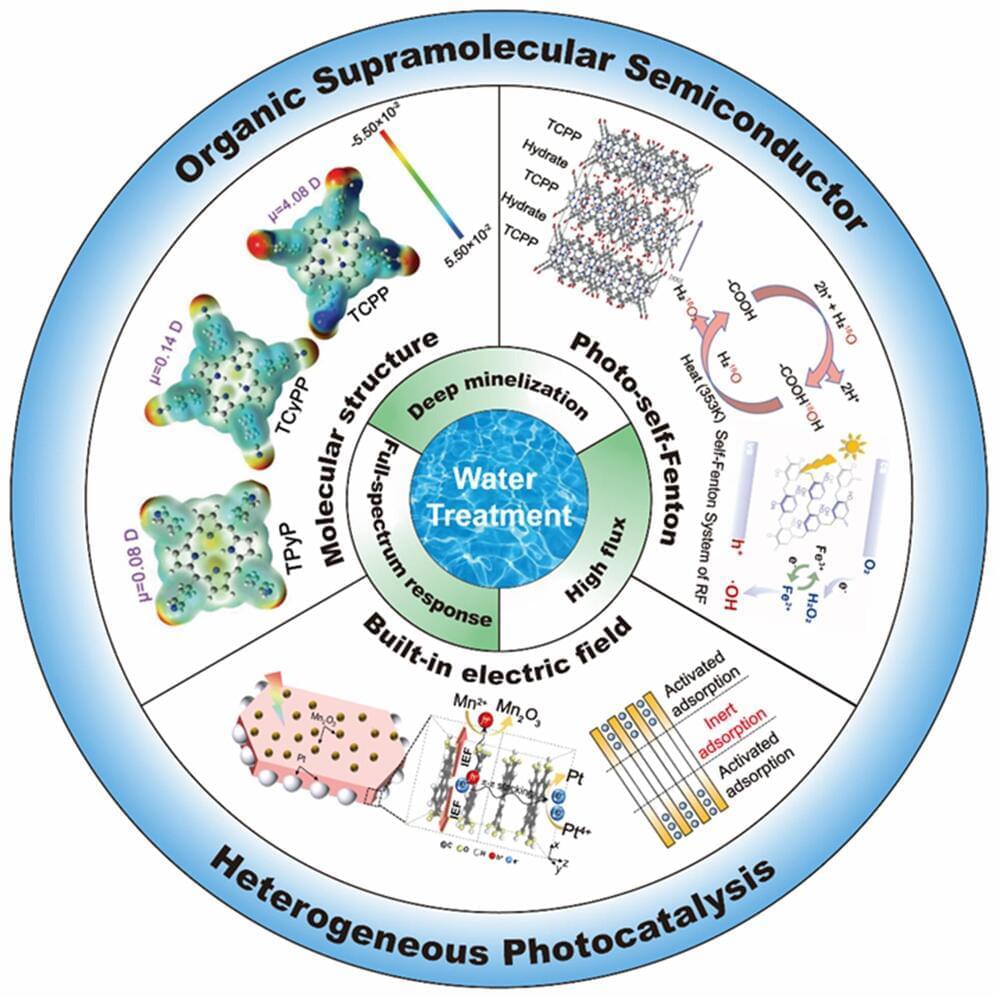The potential impact of generative AI on the economy, society, and work is polarizing, swinging from the positive benefits of a technological revolution to doomsday scenarios. The authors have come to think about this issue as points on a spectrum and have created a sports analogy to help think about it: AI tools can range from steroids, to sneakers, to a coach, each representing a different relationship between human users and the technology. Steroids elevate short-term performance, but leave you worse off in the long term. AI-powered tools can instead be used to augment people’s skills and make them more productive — much like a good running sneaker. On the most desirable end of the spectrum, AI-powered tools can be used like a coach that improves people’s own capabilities. This framework can be used to help conceptualize how we might craft AI-based tools that enhance rather than diminish human capabilities.
Page-utils class= article-utils—vertical hide-for-print data-js-target= page-utils data-id= tag: blogs.harvardbusiness.org, 2007/03/31:999.368607 data-title= A Sports Analogy for Understanding Different Ways to Use AI data-url=/2023/12/a-sports-analogy-for-understanding-different-ways-to-use-ai data-topic= AI and machine learning data-authors= Jake M. Hofman; Daniel G. Goldstein; David M. Rothschild data-content-type= Digital Article data-content-image=/resources/images/article_assets/2023/11/Nov23_22_200404124-001-383x215.jpg data-summary=
Will next-gen tools be used as a steroid, sneaker, or coach?
